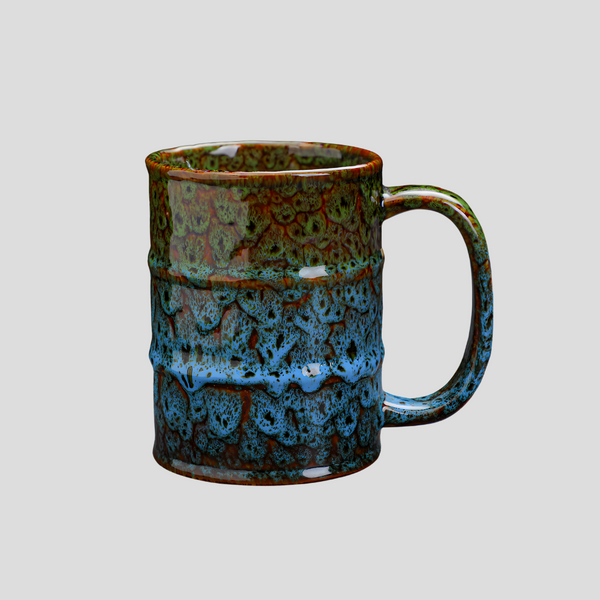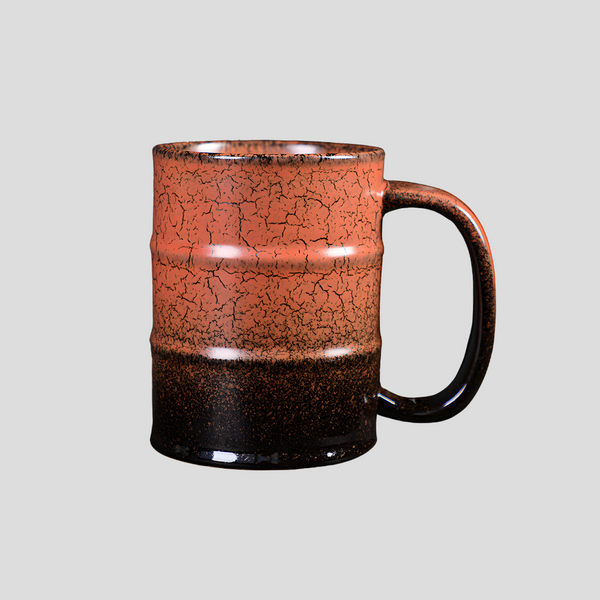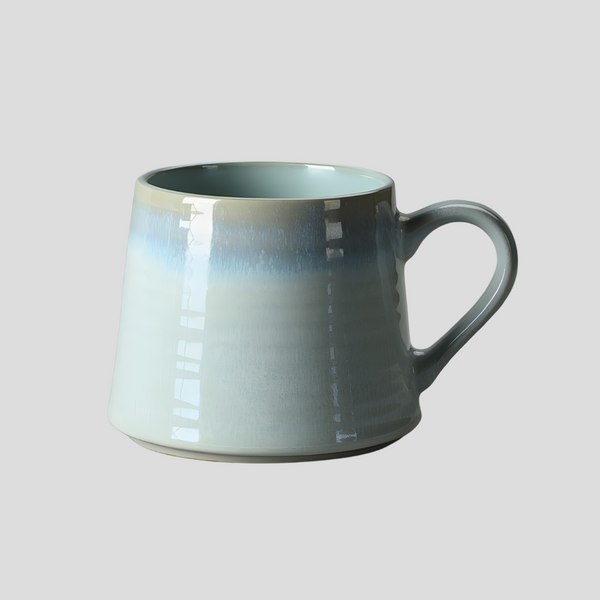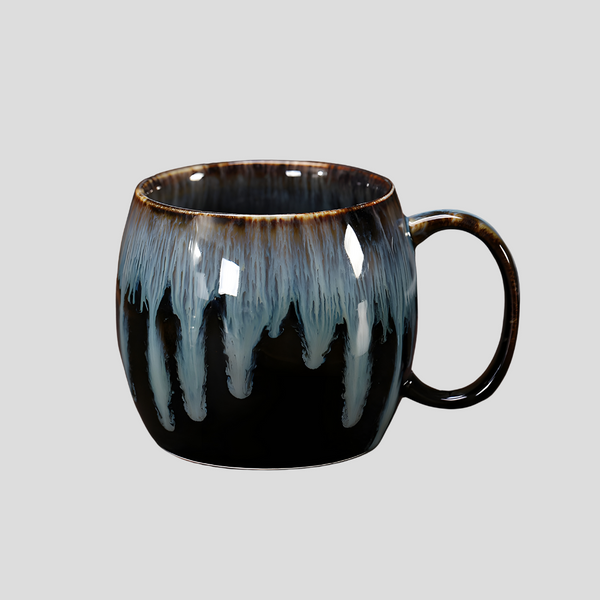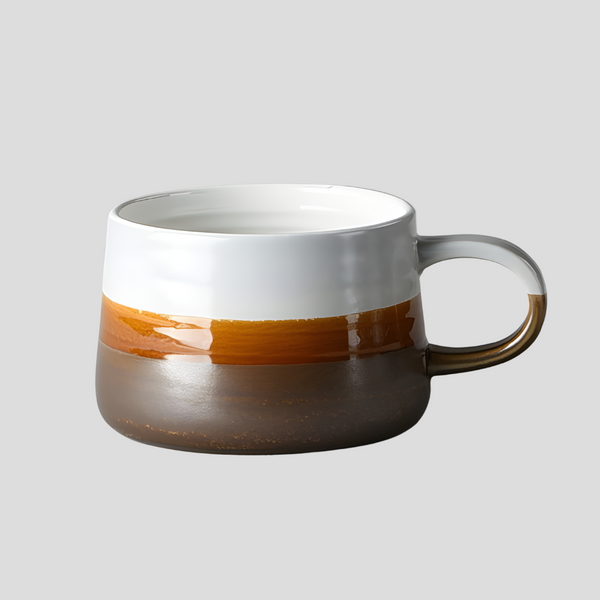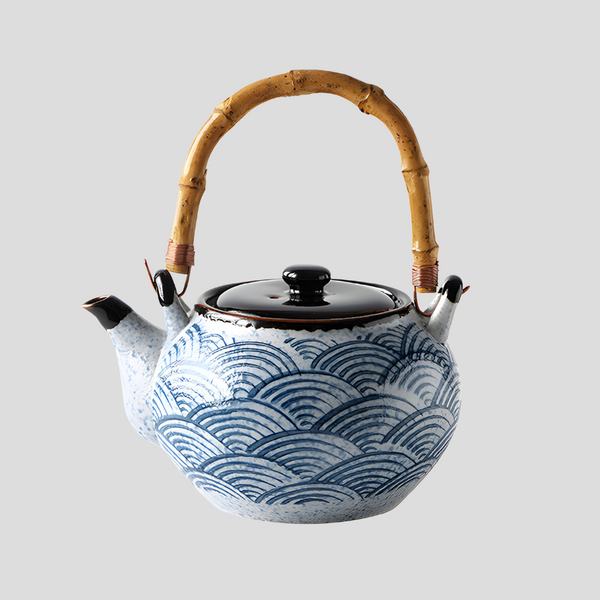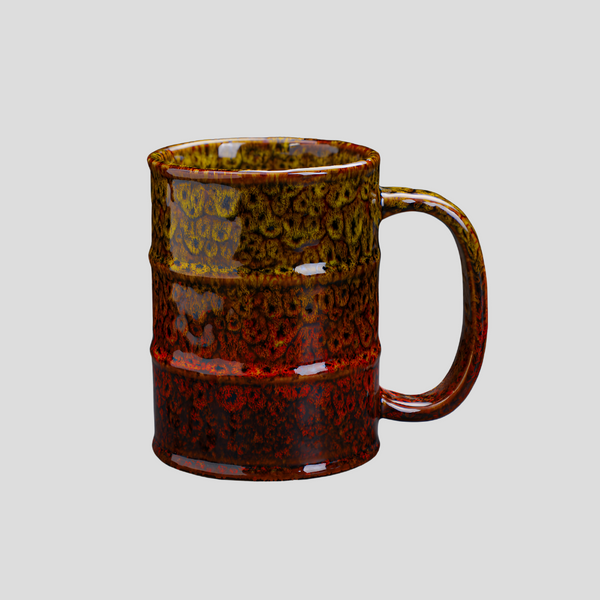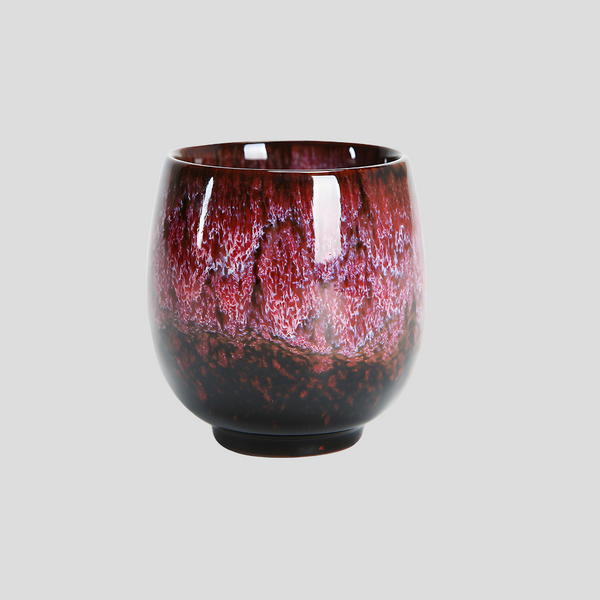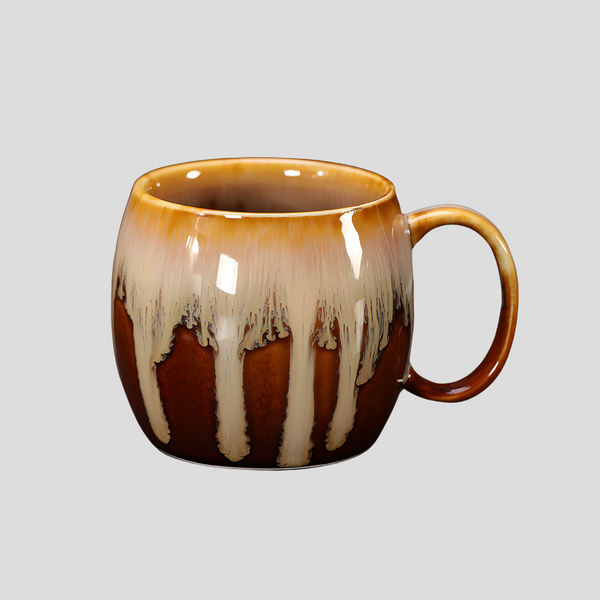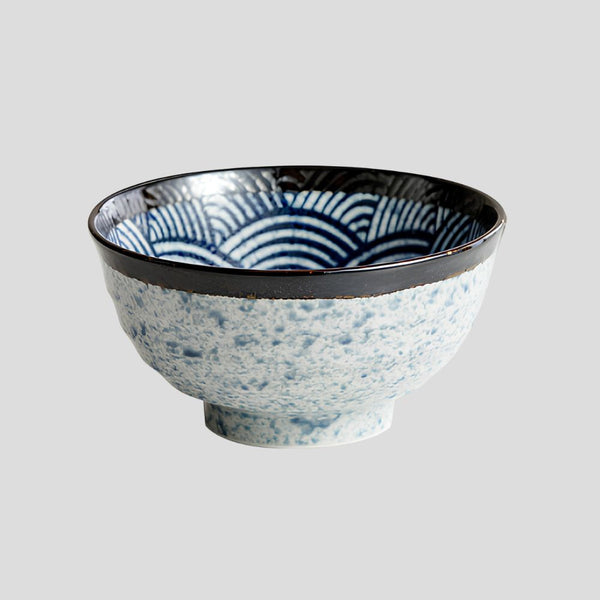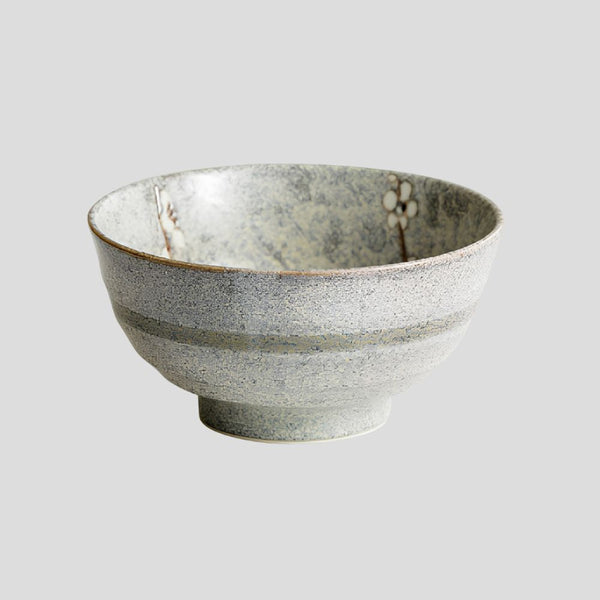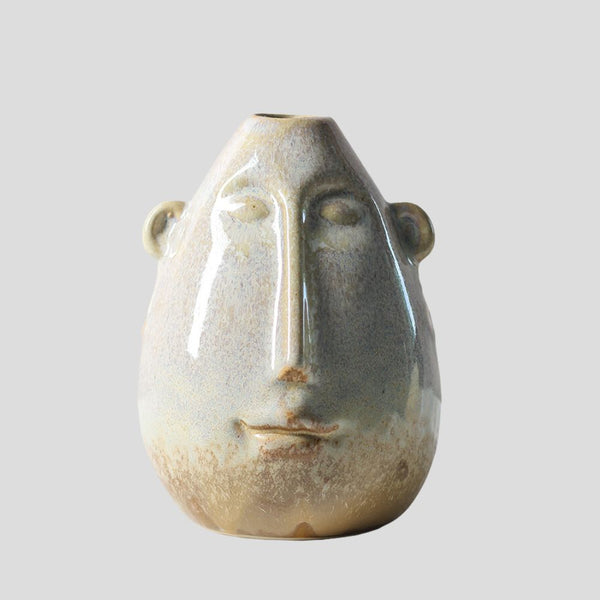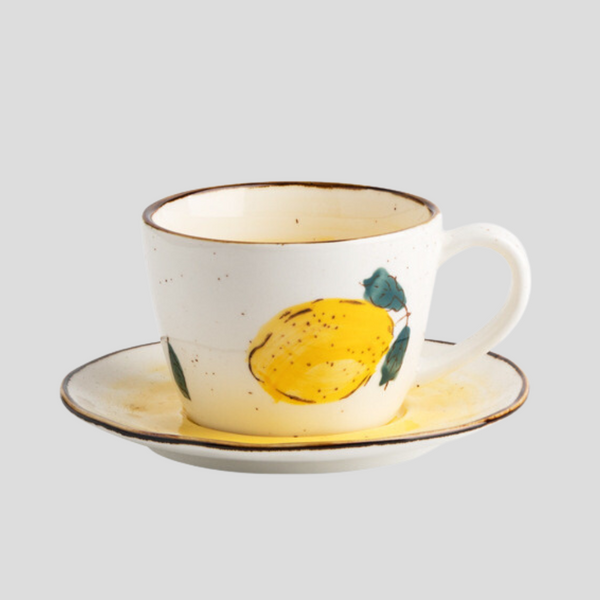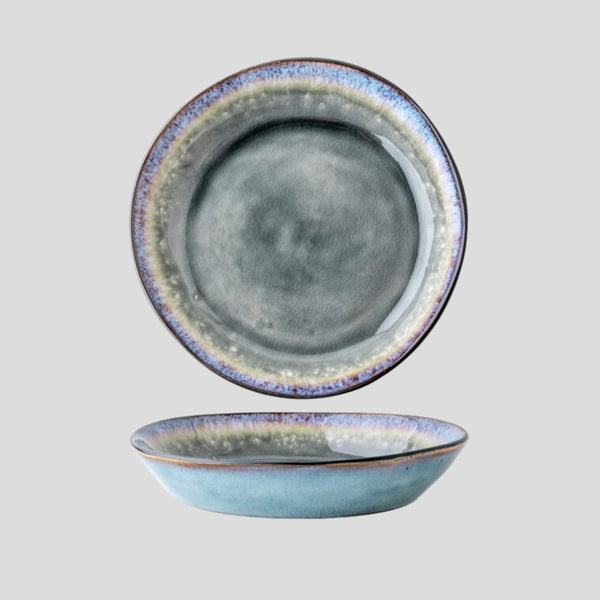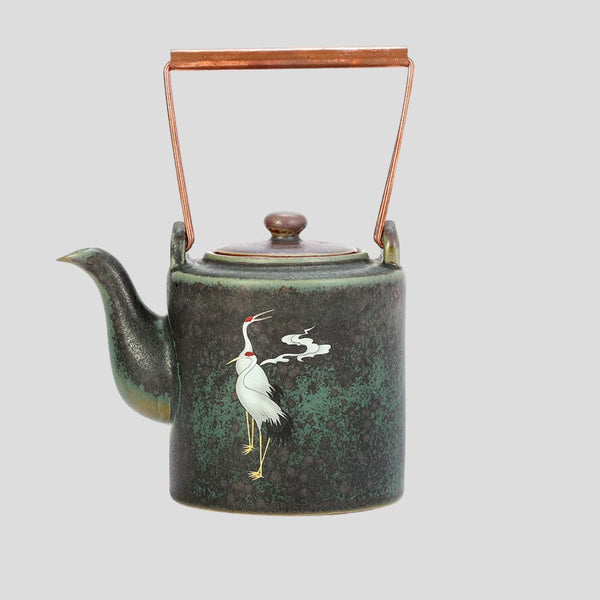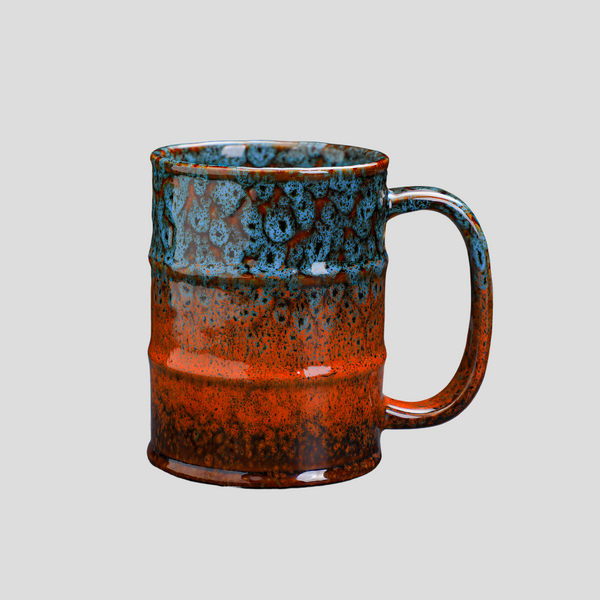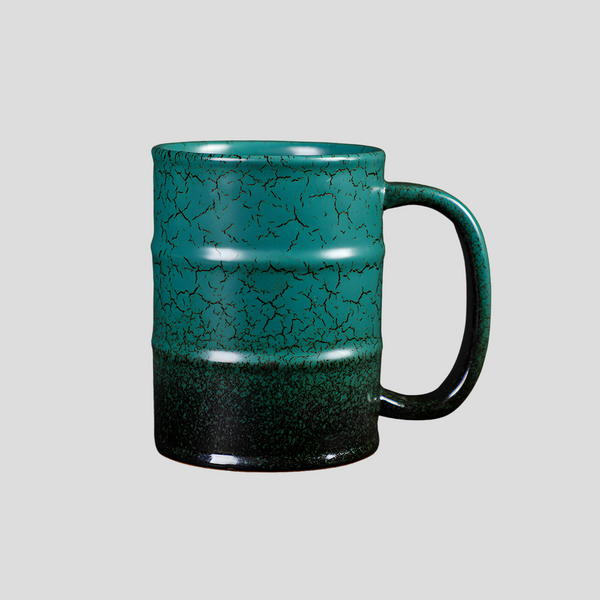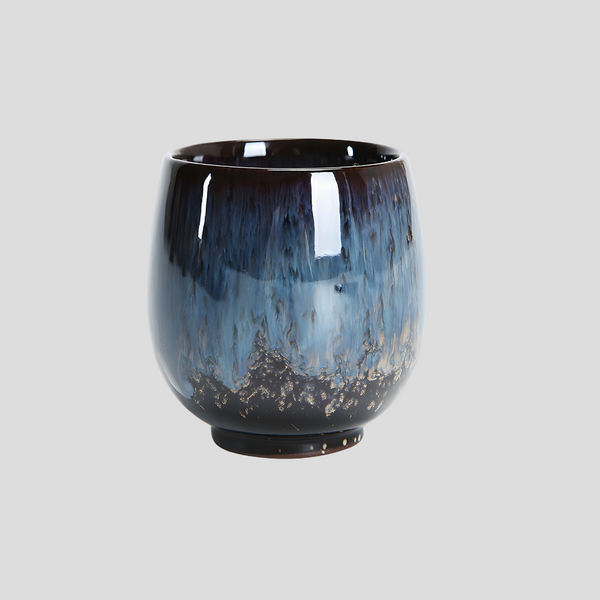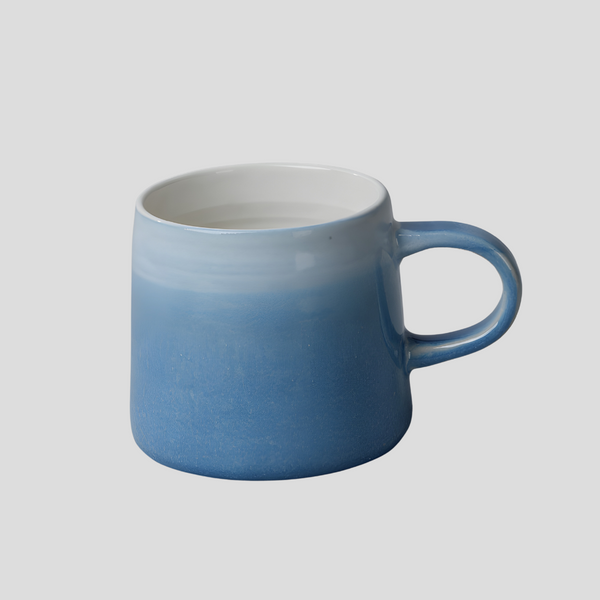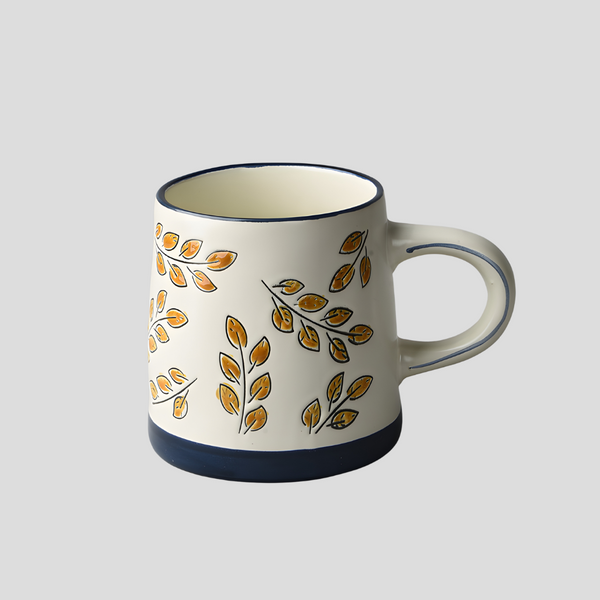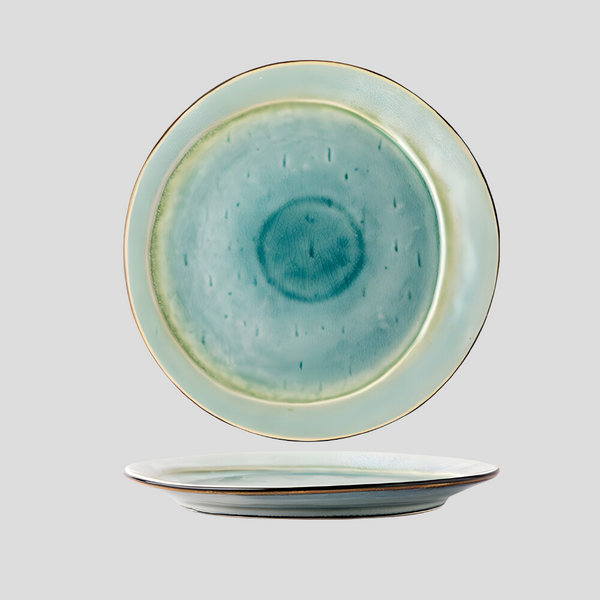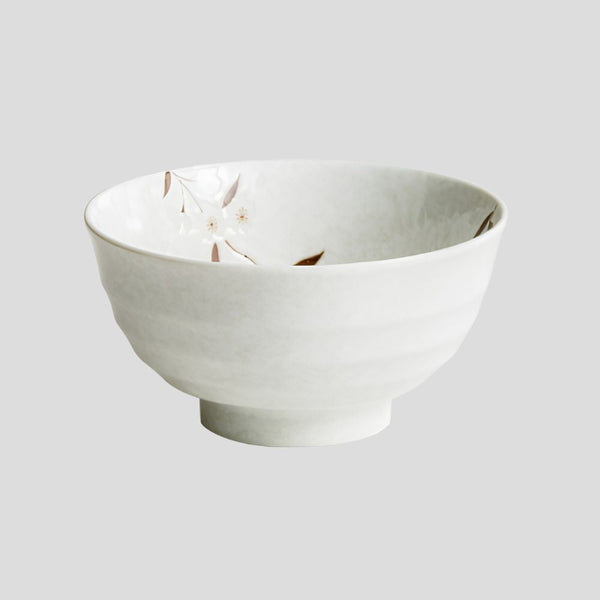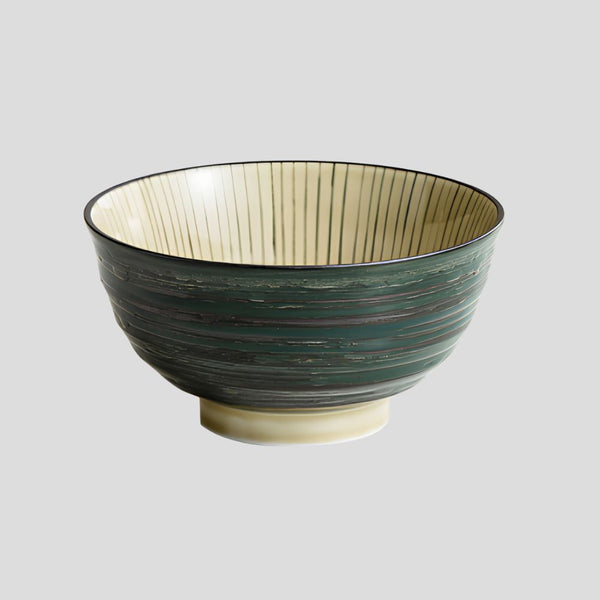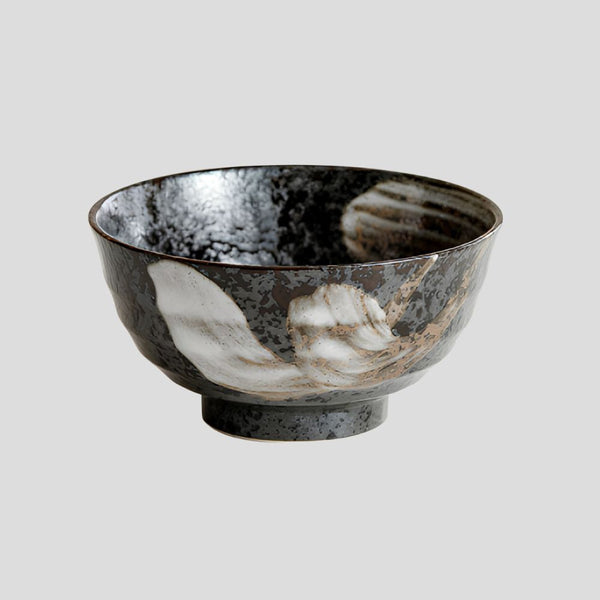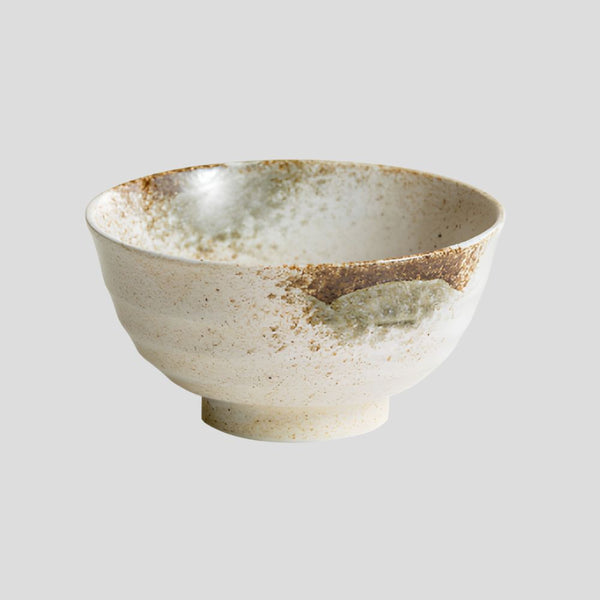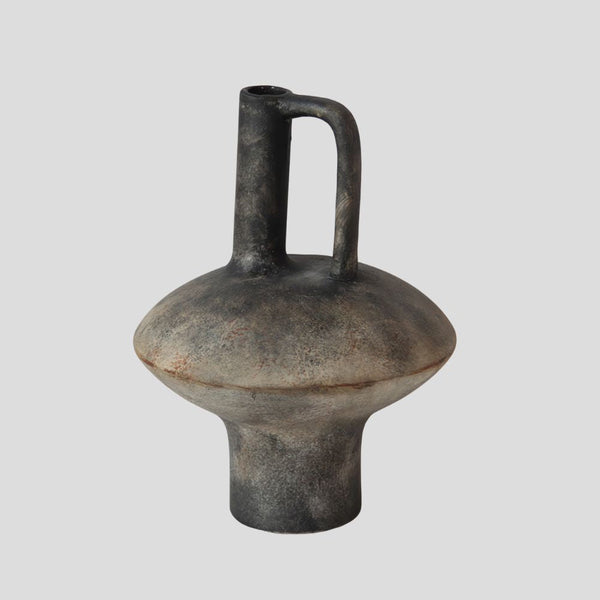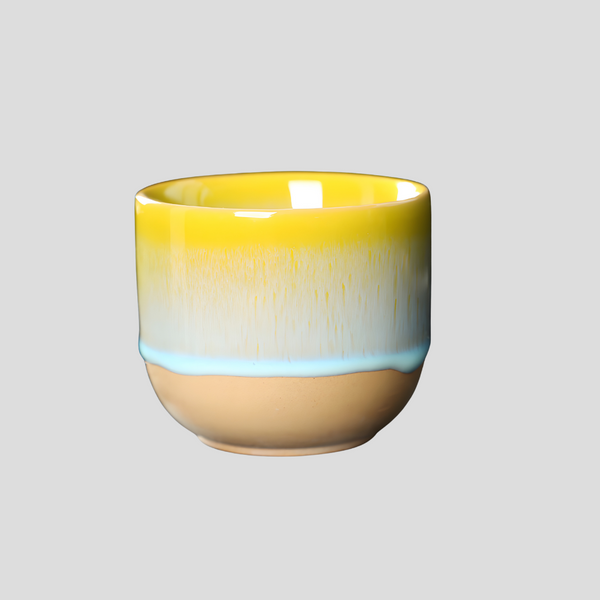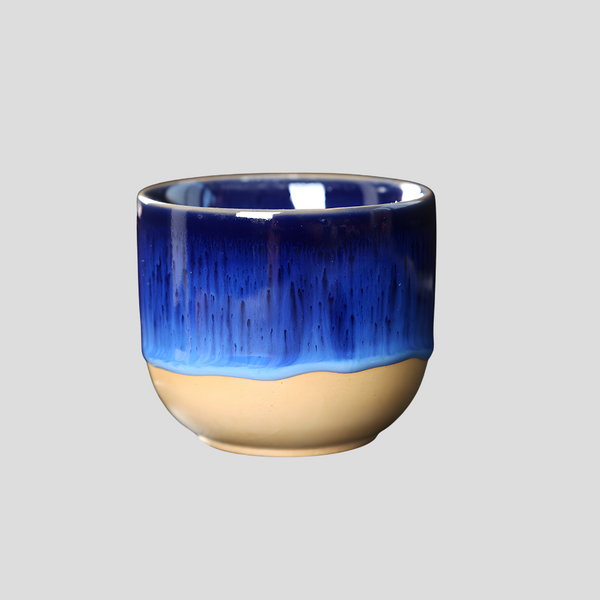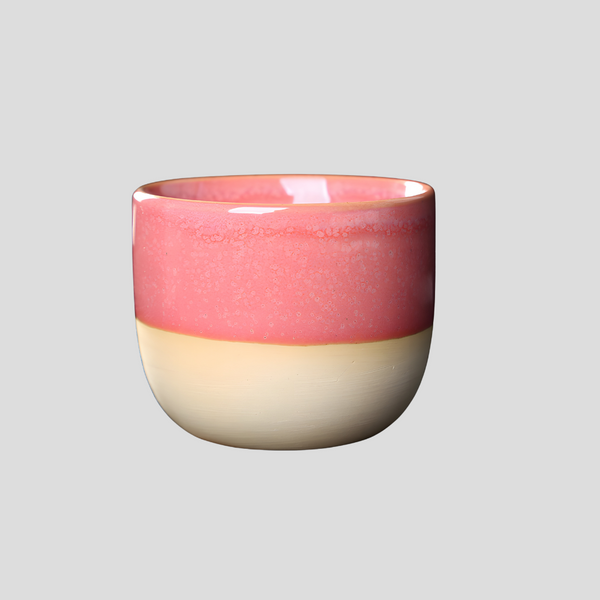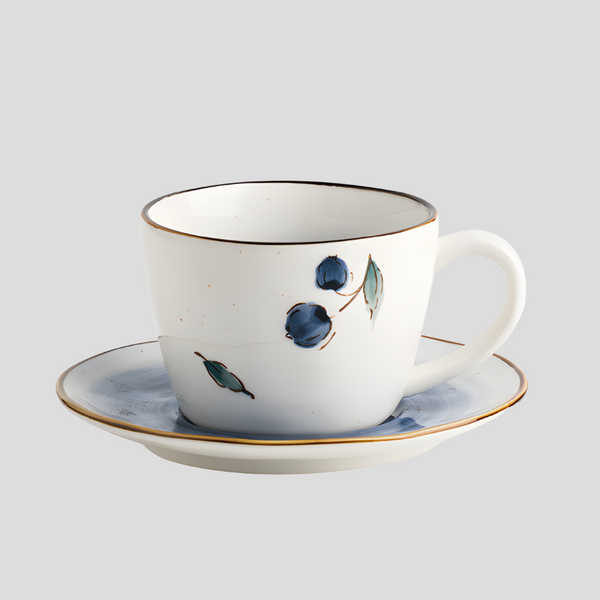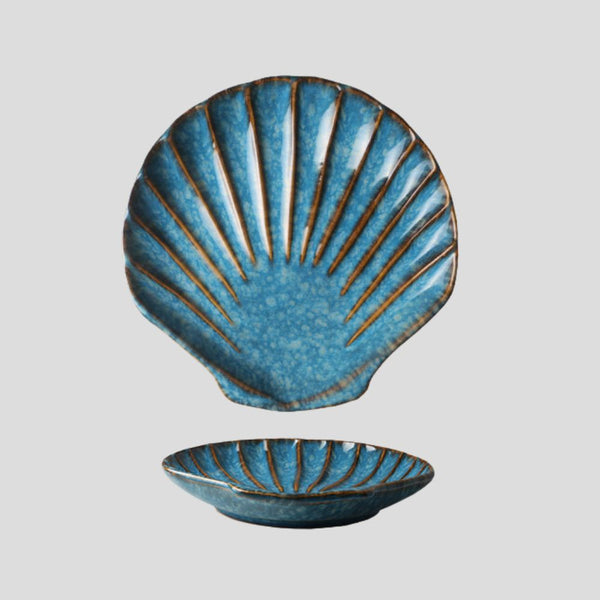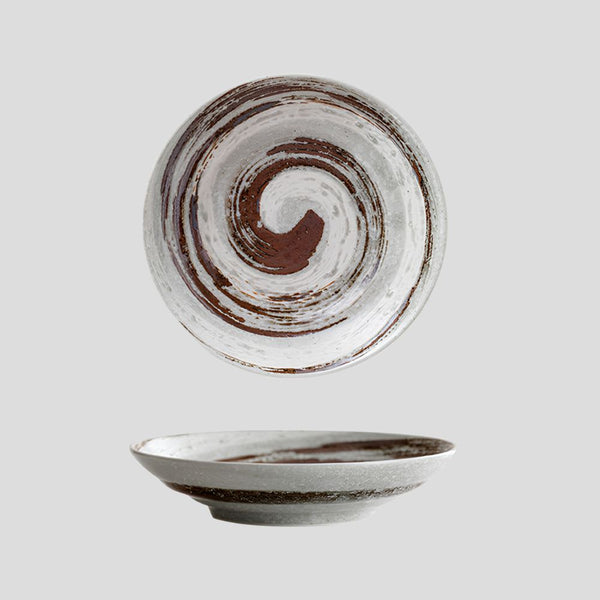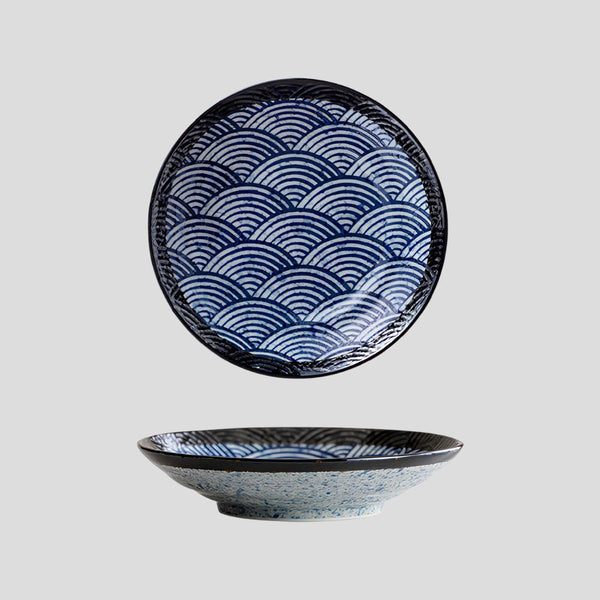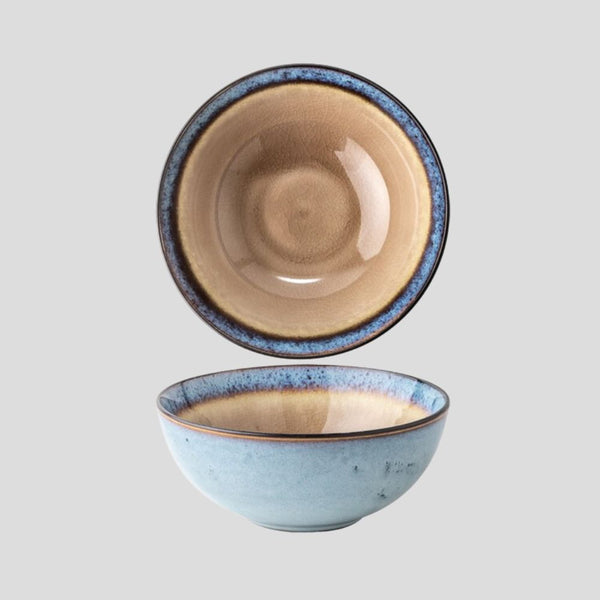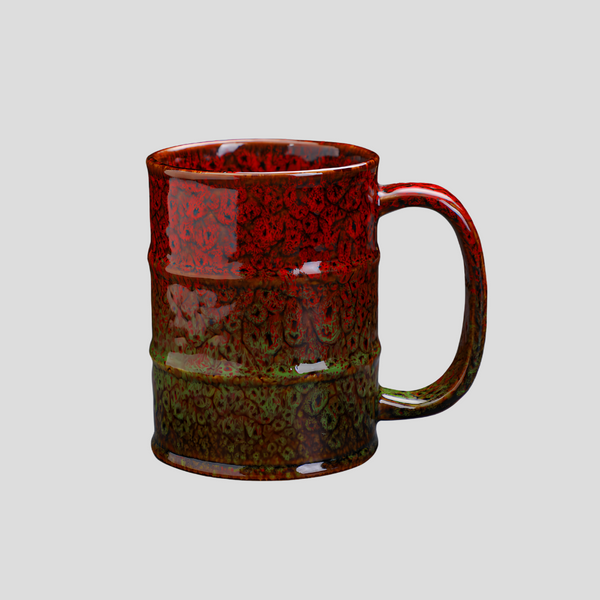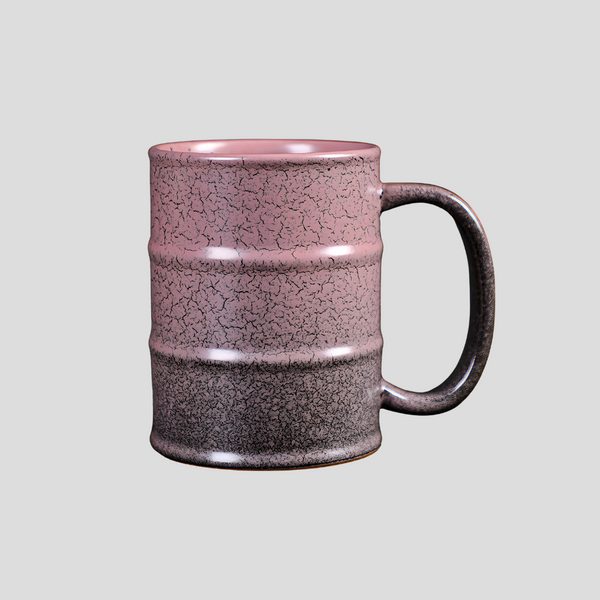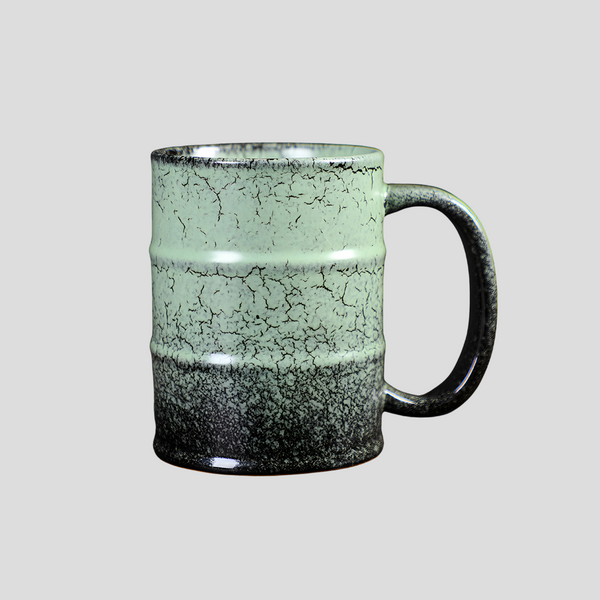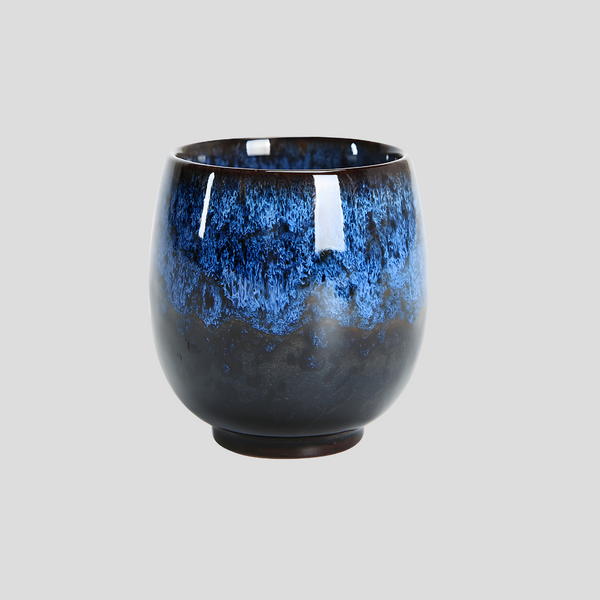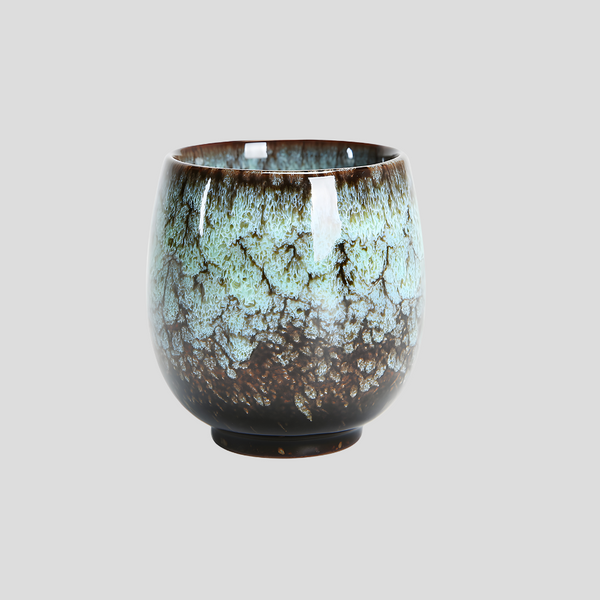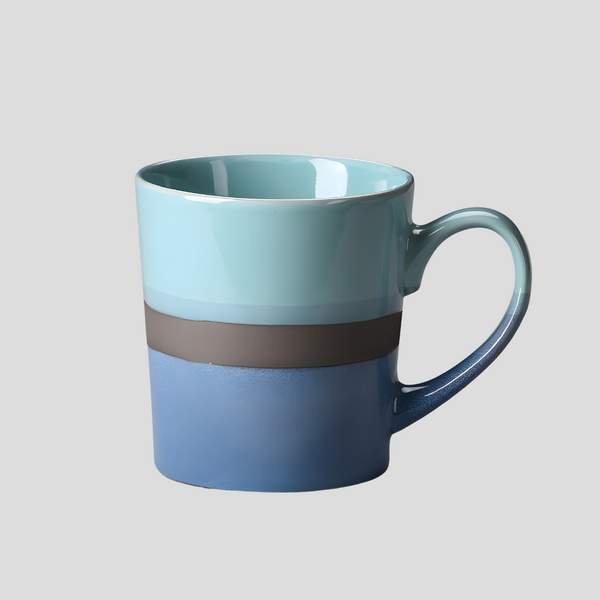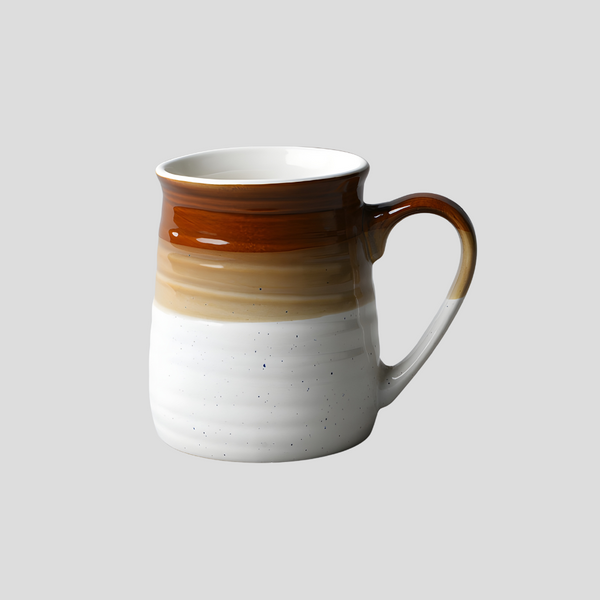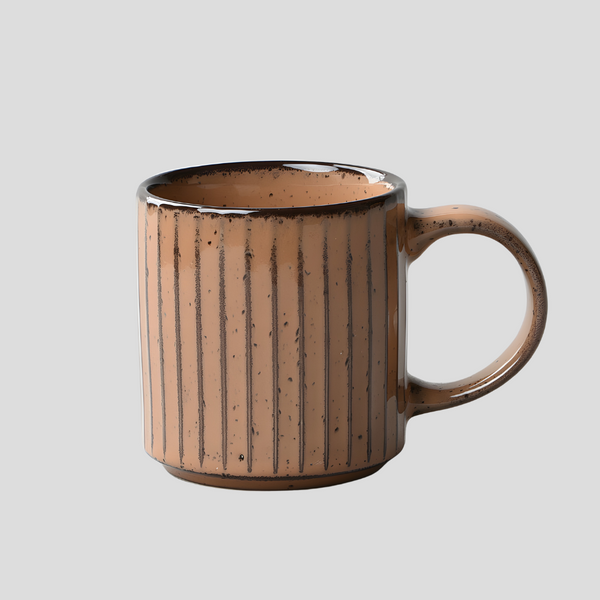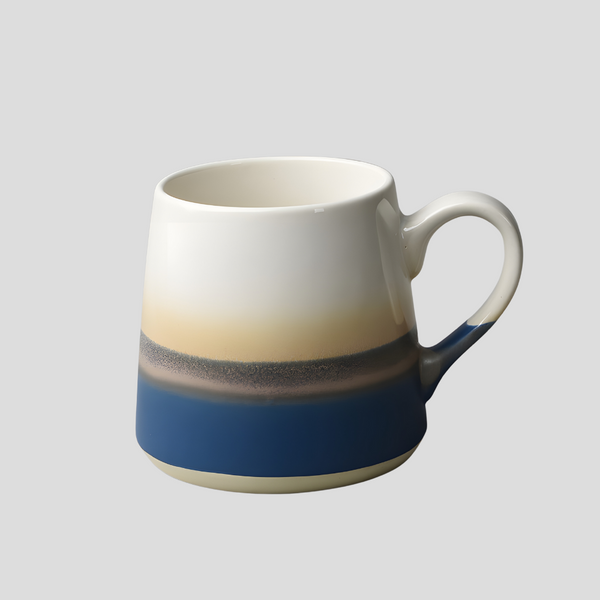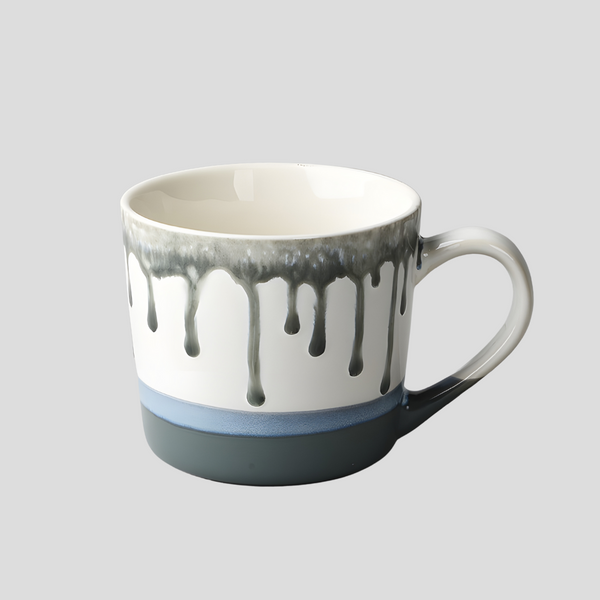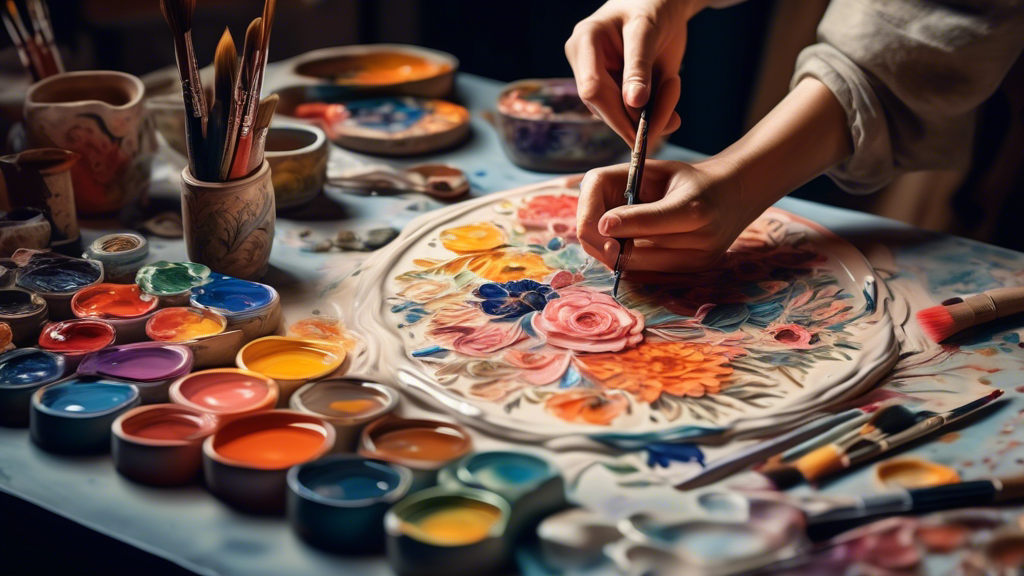
Exploring the Art of Painting Pottery
The art of painting pottery is a tradition that dates back thousands of years, originating in multiple cultures across the globe. From the intricate designs of ancient Greek amphorae to the delicate brushwork on Chinese porcelain, the practice of decorating ceramic objects has always been a form of expression and creativity. Today, painting pottery remains a beloved craft, inviting people of all ages and backgrounds to explore the possibilities of design and color on a unique canvas. The process of painting pottery begins with the selection of a bisque, which is unglazed, white ceramic ware that has been fired once to make it durable but still porous enough to absorb glazes or underglazes. The choice of bisque shape can range from plates and mugs to more intricate figurines and vases. Once a piece is chosen, it can be decorated using various techniques and tools such as brushes, sponges, and stencils. Painters can apply underglazes, which are special colors designed to be fired in a kiln, allowing the artwork to be permanent and usable. Pottery painting involves various techniques that cater to different skill levels and artistic visions. Sgraffito, for example, is a technique where the painter applies a layer of underglaze and then scratches off parts of it to reveal the clay body beneath, creating contrasting images or patterns. Another method, called majolica, involves applying a transparent glaze over the bisque ware and then painting on top of it with colored glazes, which blend and interact in the kiln to produce vibrant results. Additionally, decals and transfers can be used to apply pre-designed images onto the piece, which is especially helpful for those seeking precise or intricate designs. Beyond creating beautiful and functional art, painting pottery offers numerous benefits. It is a meditative and therapeutic activity that can reduce stress and promote relaxation. The tactile nature of handling and decorating clay can also enhance fine motor skills and hand-eye coordination. Moreover, painting pottery encourages creativity and self-expression, allowing individuals to explore personal themes and storytelling through their work. It is also a social activity that can be enjoyed in group settings, fostering community and collaboration. For those interested in exploring the art of painting pottery, many communities offer classes and workshops through local pottery studios or community centers. These settings provide not only the necessary materials and kiln access but also guidance from experienced instructors. Additionally, numerous online tutorials and resources are available for those who prefer to learn at their own pace or wish to set up a small studio at home. Regardless of the approach, the key is to experiment and enjoy the process of turning a simple clay object into a work of art. In conclusion, painting pottery is an accessible and rewarding craft that combines the joy of creating with the practical aspect of producing usable art. Whether you are a beginner looking to learn a new hobby or an experienced artist seeking to explore a different medium, the world of pottery painting offers endless possibilities for creativity and self-expression.Exploring the Art of Painting Pottery
The Basics of Painting Pottery
Techniques in Pottery Painting
Benefits of Painting Pottery
Getting Started
